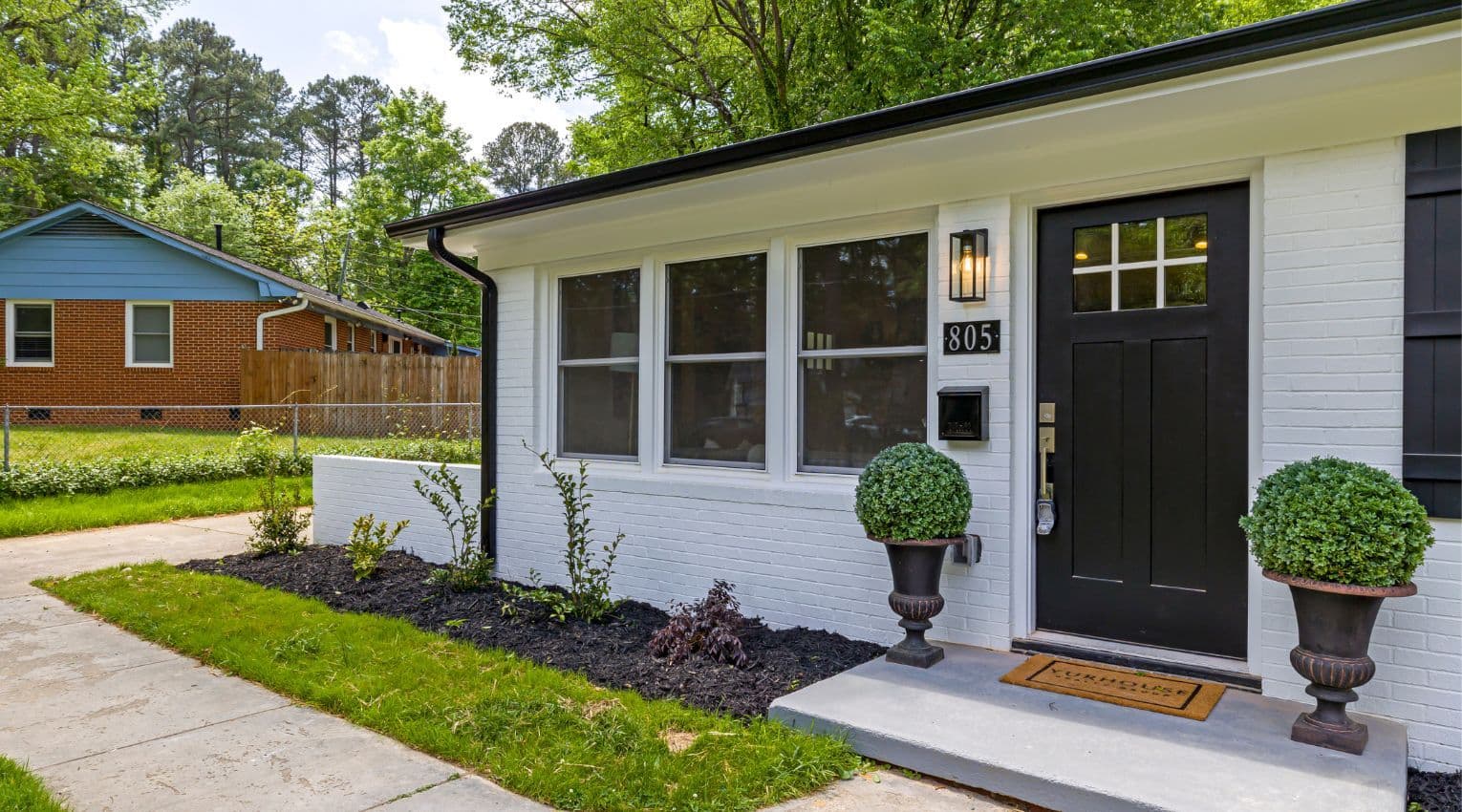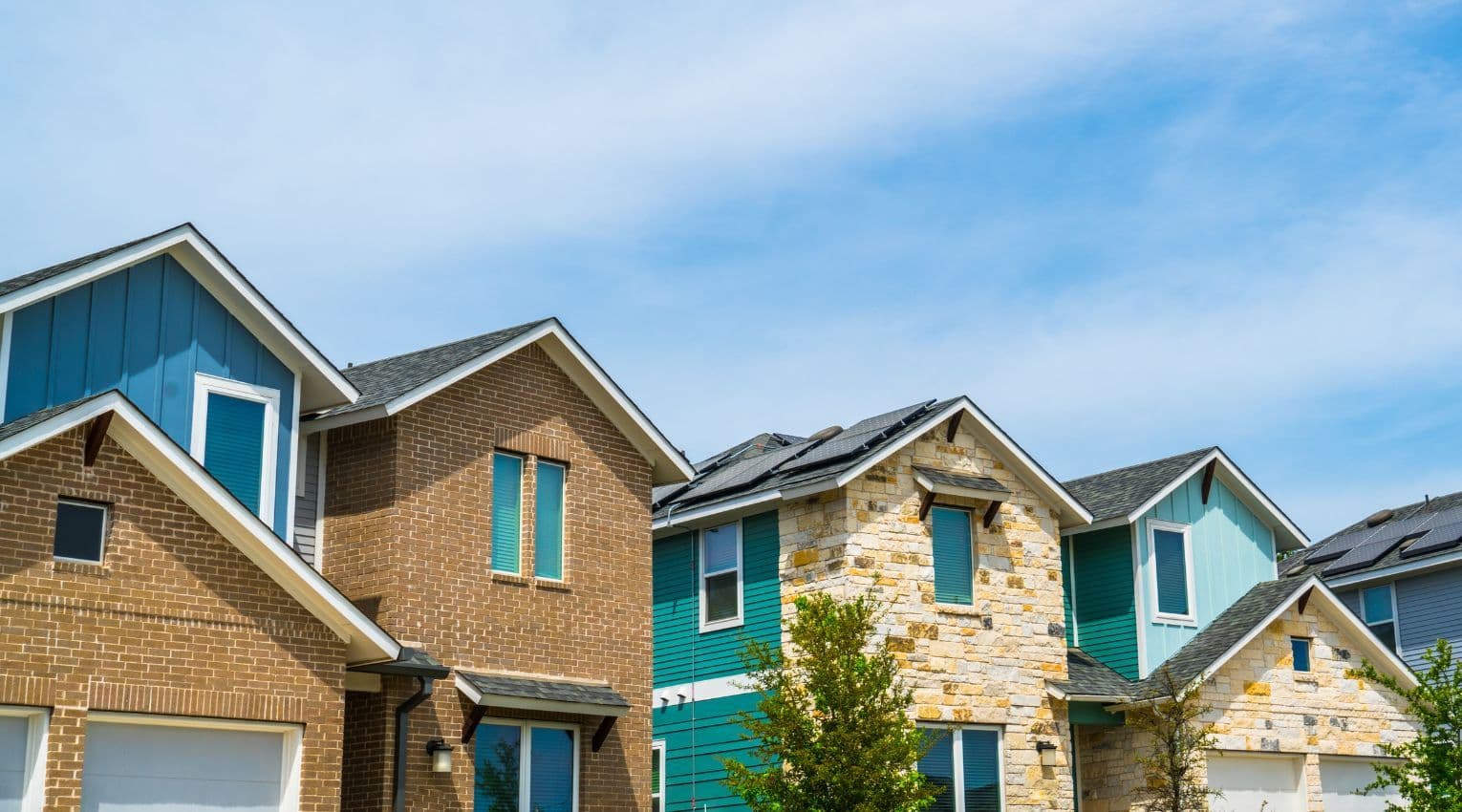HELOCs & Home Equity Loans: What’s the Difference and Is Either Right for You?

When you have a financial need and are in a bind for cash, you may consider a second mortgage. While your first mortgage, or purchasing loan, is guaranteed by a lien on your home, a second mortgage lets you borrow money based on your home’s value. A home equity line of credit (HELOC) or a home equity loan are two of the most common types.
A HELOC acts as a credit card, using your home’s equity as a source of funds. A home equity loan, on the other hand, allows you to borrow against the equity you’ve accrued, using the home to guarantee the loan. But which one, if any, is right for your situation?
We asked 1,000 homeowners if they’ve considered taking out a loan, HELOC, or other financial product. See what they had to say in our 2021 Homeowner Report.
Determine if You Qualify
To qualify for either loan, you’ll need a minimum FICO score of 680, maximum loan-to-value rate of 80–85%, and maximum debt-to-income rate of 43%. Both often include prepayment penalties, with HELOCs often including cancellation fees, too.
Identify Your Need
If you have a high expense, like a remodel or college tuition, home equity loans are often a better choice because you receive a larger lump sum. These loans are also better for consolidating debt because you get a single payment, often with a lower interest rate.
As Investopedia explains, HELOCs are better for short-term financial needs since the interest of these loans can vary. They’re also good if you aren’t sure how much you need to borrow and when you’ll need to borrow it since HELOCs give you access to cash for a set period, in some cases up to 10 years.
Compare Interest Rates and Fees
Home equity loans have higher interest rates. Since they’re typically adjustable-rate loans, HELOC monthly payments and interest rates may go up, making payments irreducible. However, with either loan, you’ll likely pay a lower interest rate than you would with an unsecured loan.
Home equity loan fees typically include closing fees plus 2–5% of the value of the loan. HELOCs require $0 at closing but usually have annual fees and minimum draw requirements.
Weigh the Risks
With HELOCs, your lender may lower your credit line or even revoke it if the value of your home decreases or your financial situation worsens. Also, if you default on either type of loan, you risk foreclosure.
Consider Your Alternatives
While a HELOC or home equity loan are viable financing options, there are alternatives to consider. A home equity investment allows you to access a portion of your equity in cash in exchange for a percentage of the future value of your home. Settle within ten years with cash savings, a loan, or through the same of the home, and make no monthly payments.
See if you prequalify for a Hometap home equity investment in less than 30 seconds.
You should know
We do our best to make sure that the information in this post is as accurate as possible as of the date it is published, but things change quickly sometimes. Hometap does not endorse or monitor any linked websites. Individual situations differ, so consult your own finance, tax or legal professional to determine what makes sense for you.





